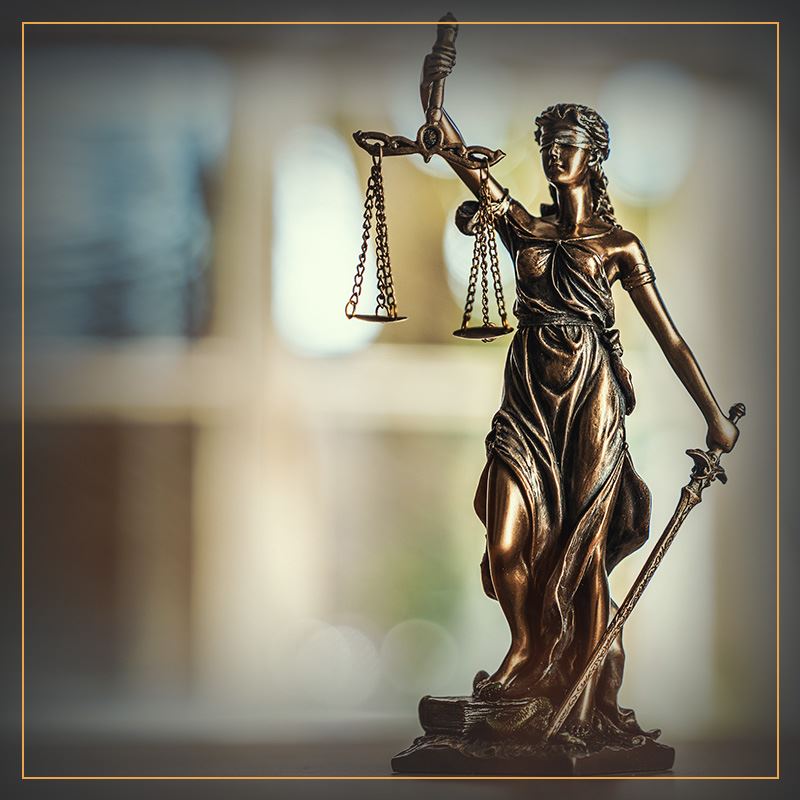
St. Louis Probation Violations Lawyer
Assisting Clients throughout St. Louis, St. Louis County, and Surrounding Counties
A probation violation or parole violation is a serious matter which can result in severe consequences. If you are facing a probation violation anywhere in St. Louis City, St. Louis County, or in the surrounding counties of Missouri, you should contact a St. Louis probation violation attorney at our firm immediately. We can review the circumstances of your situation and take action to help you avoid possible harsh penalties or punishment. Our firm is dedicated exclusively to the practice of criminal defense for both state and federal crimes which makes us highly-qualified in this field. Our attorneys provide aggressive and skilled legal representation to clients involved in any type of criminal matter.
Probation Violation Cases and Consequences
If you are convicted of a parole or probation violation, you may be punished by having your probation revoked or extended, being incarcerated in jail or prison, slapped with heavy fines, sentenced to community service, a rehabilitation program, have additional conditions placed on your current probation, or face other court-mandated penalties.
Having an experienced St. Louis probation violation lawyer who can investigate the situation and build an effective defense on your behalf can go a long ways towards helping you avoid these penalties. In any criminal matter, including alleged violations of these kinds, it is in your best interests to have professional legal advice and representation. Our attorneys will work vigorously on your behalf to minimize the adverse consequences of any charges you may face and, in some cases, may be able to have such charges dismissed. By consulting with a criminal defense attorney at our firm, you will be taking a proactive step in combating further legal consequences.
Contact a St. Louis probation violation lawyer at the firm today to discuss your case if you have been charged with a parole or probation violation.

What Sets Us Apart From The Rest?
Whiteley Law Firm is here to help you get the results you need with a team you can trust.
-
Accessible Support
We make it easy for you to reach out and discuss your case, offering multiple avenues including phone, voicemail, online submission, and office visits for your convenience.
-
Trusted AdvocacyWe understand the gravity of your situation and are committed to earning your trust through unwavering dedication to your defense.
-
Thorough Defense StrategyOur approach involves a meticulous evaluation of your case, ensuring every possible defense avenue is explored to protect your rights.
Our FAQ
Have questions? We are here to help. Still have questions or can't find the answer you need? Give us a call at 888-910-8827 today!
-
Can I represent myself?Yes. Although the right is not unlimited, in every criminal prosecution, the accused must be permitted to act as his or her own attorney. However, the better question is whether you should represent yourself. To that question, the answer is undeniably no. For more information on why a criminal defendant should hire an experienced criminal defense attorney, please read more here.
-
What if I am guilty?
Although your thoughts on guilt or innocence of the charges against you are important, it is only one factor that should be considered in how to dispose of the criminal case.
The Whiteley Law Firm is committed to ensuring that those charged with criminal offenses receive a result that is in their best interest. In doing so, we always ensure that the conduct of the police has been proper and the prosecution can meet their burden of proof.
-
Will my case be dismissed if the police did not read me my Miranda rights?
The continued popularity and proliferation of crime drama television shows perpetuates the idea that the police must advise the suspect of his or her Miranda rights immediately upon being arrested. This television show concept, however, is a myth. The police are under no obligation to inform someone of their constitutional rights once placed in custody.
The Miranda warnings – generally, the right to remain silent and the right to an attorney – take their name from the 1966 U.S. Supreme Court decision of the same name, Miranda v. Arizona. The landmark decision requires law enforcement officials to inform individuals in custody of their rights prior to any questioning. In other words, with some limited exceptions, Miranda warnings are only required when the police interrogate someone while they are in custody.
Given these two requirements, the question whether a case will be dismissed can become a complex question. Suffice it to say, while complete dismissal of the case is not impossible, the more likely result from a Miranda violation would be suppression of the illegally obtained evidence.
